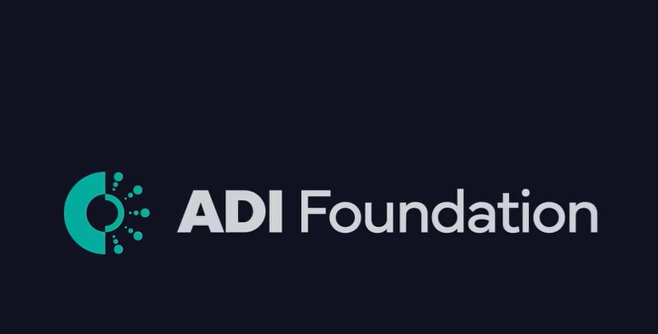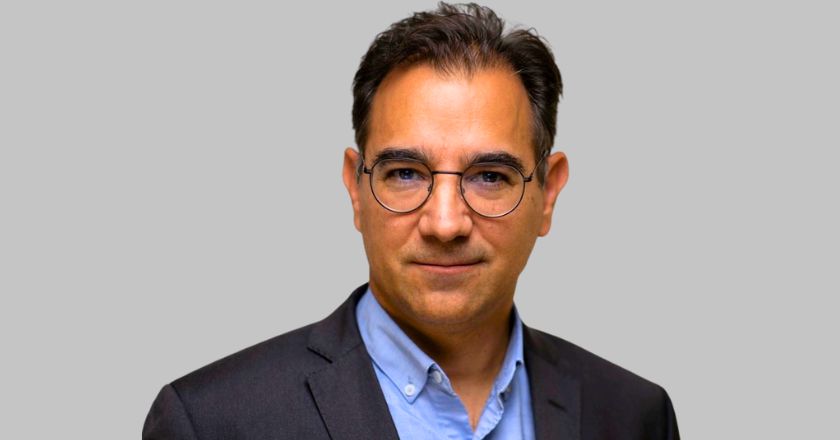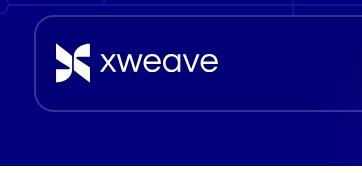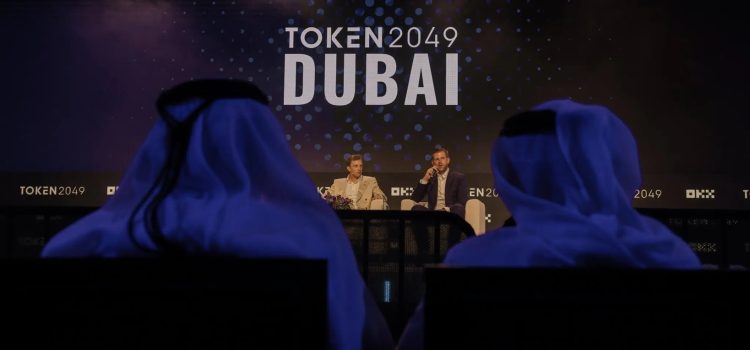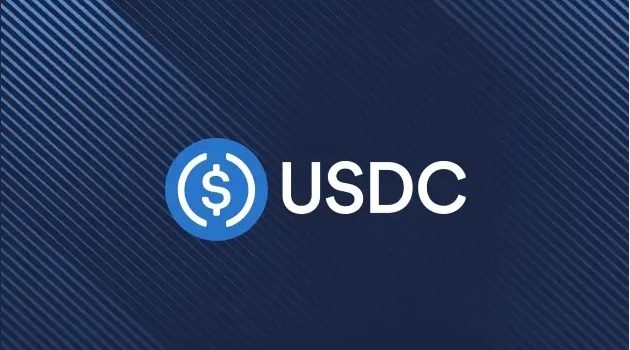
Abu Dhabi transport Department and Municipalities under the Integrated Transport Center (ITC) of the Department of Municipalities and Transport, Tawasul Transport, will allow passengers to use the AE Coin stablecoin by Al Maryah Community Bank (Mbank) AEC Wallet application.
As per the press release, this is part of joint efforts to enhance digital payment solutions and develop smart, secure and seamless transportation. The initiative is the first of its kind globally to adopt a stablecoin pegged to the UAE dirham for public transport payments.
The launch event featured the first official payment using AE Coin following a completed ride in one of Tawasul’s taxis. The event showcased how the AEC Wallet offers a simple and secure payment experience, allowing users to complete transactions by scanning a QR code inside the vehicle.
AE Coin is pegged at a fixed rate of 1 AED = 1 AEC, ensuring strong financial stability and building trust in digital currency usage.
The AEC Wallet app is available for free on the Apple Store, Google Play, and Huawei AppGallery.
Mr. Ghena Jbour, General Manager of Tawasul Transport, stated, “This initiative serves as a model of effective collaboration between all entities striving for continuous development within the integrated transport ecosystem. It reinforces the UAE’s leading position in innovation and digital transformation in the transportation sector. At Tawasul Transport, we believe that digital transformation is not merely an option—it is a necessity to meet the evolving expectations and daily needs of users.”
He also noted that is contributed to enhancing customer experience in line with Abu Dhabi’s vision of a smart sustainable transport system.
Mr. Mohammed Wassim Khayata, CEO of Mbank, said: “We are proud to be part of this innovative collaboration with Tawasul Transport and the Integrated Transport Center, as it aligns perfectly with our vision of driving the future of digital payments in the UAE. AE Coin is not just a digital currency, it’s a key pillar of the UAE’s emerging financial infrastructure, bringing stability and compliance into real-time consumer payments through blockchain. Today, we are introducing a transformative payment experience, offering customers a future-forward, cashless, secure, and cost-effective way to use public transport. It’s a step forward in bringing the UAE’s Digital Government Strategy 2025 to life.”
Khayata added that MBank intends to partner with other businesses and governmental entities across the UAE to expand the adoption of the AEC Wallet and digital payments with AED stablecoin.
Ramez Rafeek, General Manager of AED Stablecoin, added, “By offering passengers a secure and seamless payment option in all Tawasul taxis, we are demonstrating how digital currencies can integrate effortlessly into everyday life. This partnership exemplifies the power of innovation and cooperation in driving the future of digital payments, and we’re thrilled to be at the forefront of this transformation.”
Recently, UAE based Air Arabia airline also started accepting the AED stablecoin, AE Coin, for payments such as flight booking. The airline is the first in MENA to offer a stablecoin based payment option. Users can book their flights using the AEC Wallet application developed by MBank.
AE Coin was the first AED stablecoin to be licensed in the UAE. As per the press release, the AEC Wallet app will be accepted across more transportation services, merchants, and retail outlets across the UAE.









